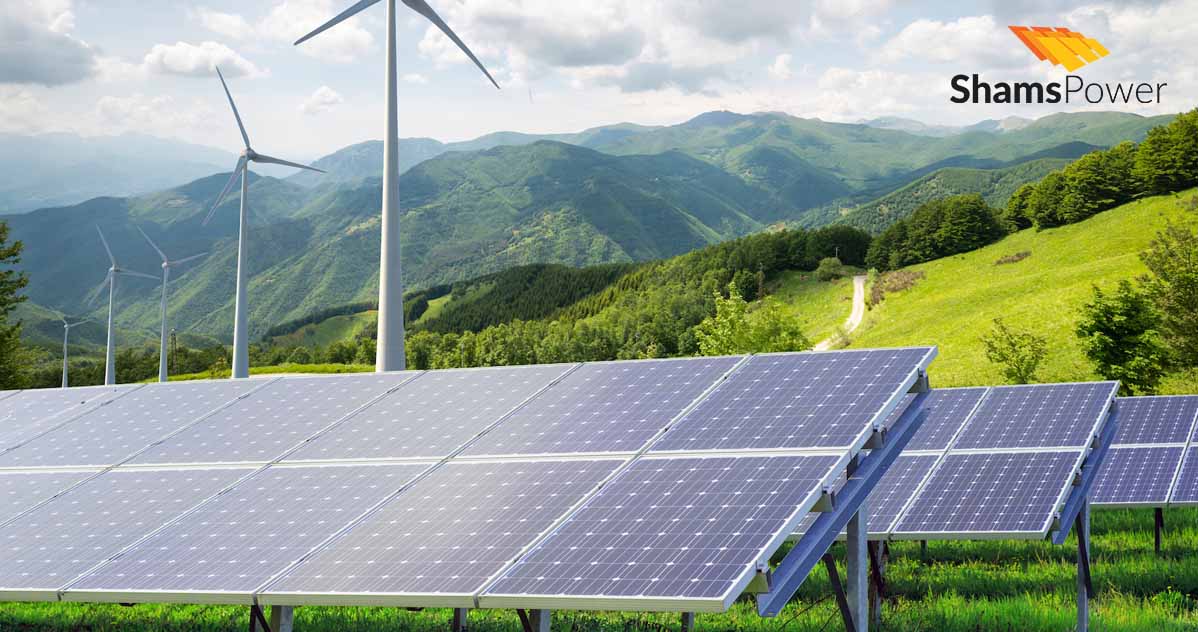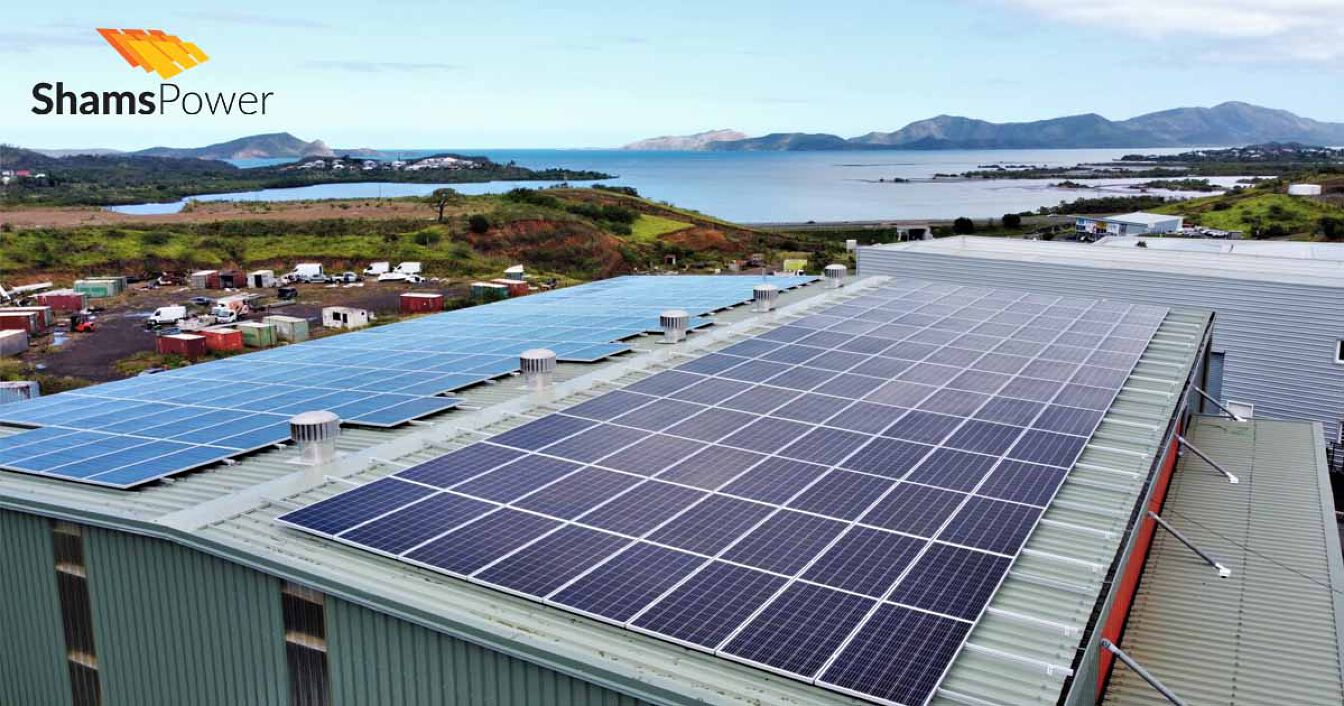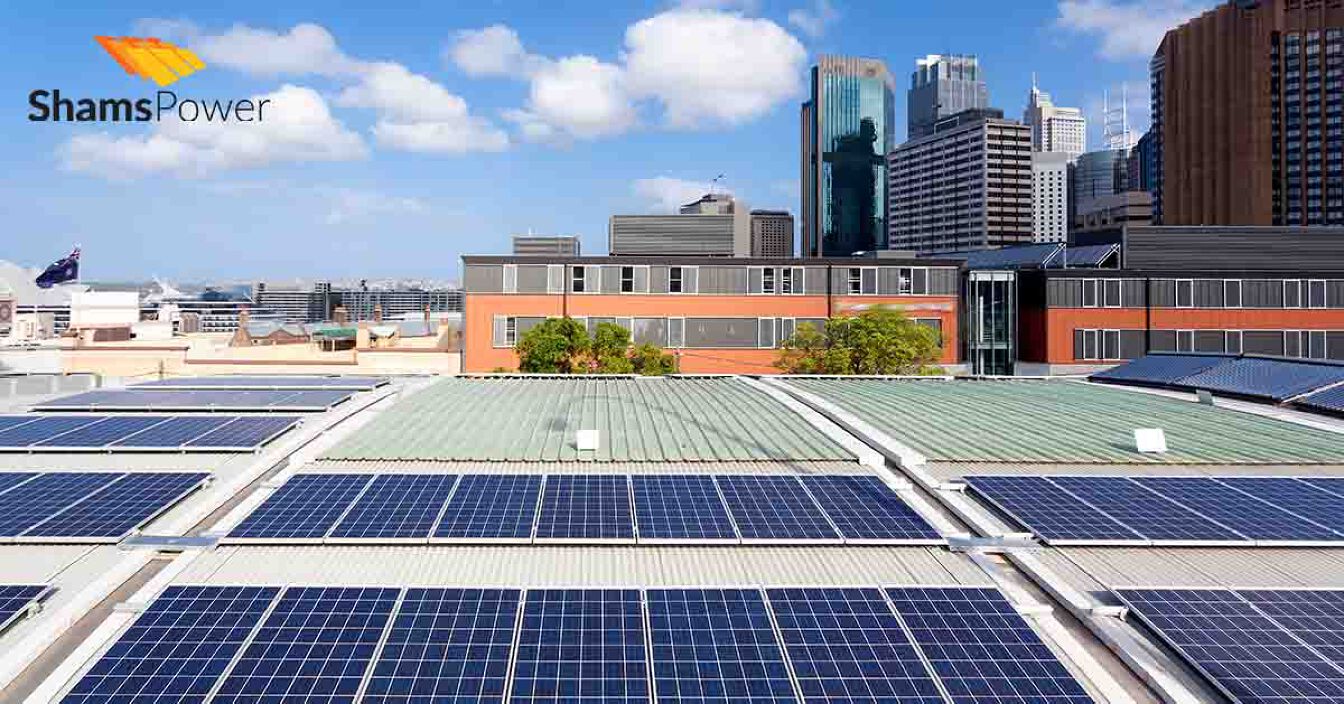Shams Power: Solar Panels: A Solution to High Electricity Bills and Inflation in Pakistan
.jpg)
In Pakistan, the issue of high electricity bills has long been a cause of concern for both households and businesses. The constant increase in electricity tariffs and inflation has made it challenging for people to manage their monthly expenses. However, amidst these challenges, a beacon of hope has emerged through solar panels, with Shams Power leading the way. Solar energy offers a sustainable and eco-friendly solution and a means to combat the rising electricity costs and inflation that have burdened the nation. In this blog, we will delve into the advantages of solar panels and how Shams Power plays a crucial role in bringing this transformation to Pakistan. The Solar Solution Reduced Electricity Bills: One of the most significant benefits of installing solar panels is the substantial reduction in electricity bills. Solar energy systems harness the power of the sun to generate electricity, which means that once the panels are installed, your energy source is virtually free. This ca
.jpg)



